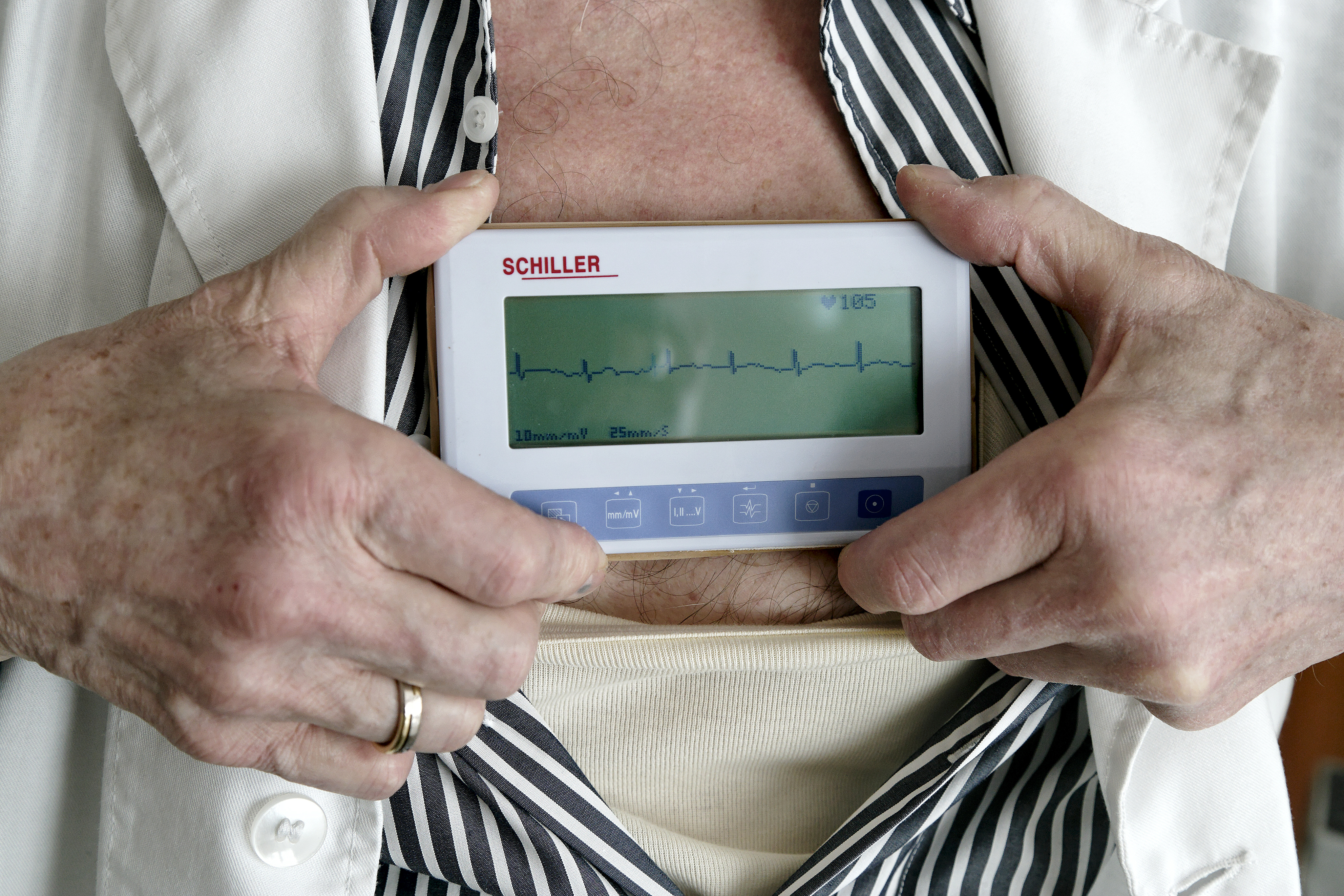Organ shortfall being examined

The government is trying to discover why the Swiss, particularly in the German-speaking area, are reluctant to become organ donors. There are currently over 1,000 patients on waiting lists and 100 die every year for lack of a suitable organ.
Although the number of donations has increased in recent years in the Italian and French-speaking parts of the country, rates in the German-speaking region are stagnating, Franz Immer, the director of Swisstransplant, the national foundation for organ donation, told Swiss radio on Monday.
Under a 2004 law the cantons are supposed to organise and coordinate organ transplants between hospitals and transplant centres.
Each hospital and centre should have someone responsible for coordination, whose duties include taking care of the needs of donors and their relatives, as well as informing the national organ allocation centre. The law also says that medical staff should receive training on the issue.
However, Immer told the radio that these donation support structures had often not been created in the German-speaking area.
Study
The Federal Health Office told swissinfo.ch by email that the reasons for the regional differences were currently being investigated by a scientific study, Swiss Monitoring of Potential Donors, which was looking at all deaths in intensive care and in many accident and emergency units in Swiss hospitals, and assessing donation procedures in each one.
Specifically, it is examining how often relatives of potential donors refuse to allow organs to be transplanted after the family member’s death. The office described the refusal rates as “basically high”, but said they “vary enormously” from one hospital to another.
The results of the study are expected to be announced in the first quarter of 2013.
Urgent need
As the population ages and diabetes and heart disease become more prevalent, the need for organs, particularly for kidneys, is increasing every year. As a result, demand surpasses the number of donors everywhere in the world.
Switzerland’s goal is to double the number of donations to 200 per year.
There are currently 1,067 women, men and children on the waiting list for an organ donation, Swisstransplant spokeswoman Susanne Hess told swissinfo.ch. More than 800 patients are waiting for a kidney and over 100 for a liver. On average, patients wait 833 days for a kidney, 328 days for a liver and 305 days for a heart.
In 2011, there were on average 12.7 organ donors per million inhabitants in Switzerland. This compares with a rate of 25 in France, 21.8 in Italy, 24.4 in Austria and14.6 in Germany, according to Swisstransplant.
Switzerland and Germany currently have an opt-in system, where only those who have given explicit consent are considered as donors. In Austria, where anyone who has not refused is a donor, the so-called opt-out system boosted the organ donation consent rate to almost 100 per cent.

In compliance with the JTI standards
More: SWI swissinfo.ch certified by the Journalism Trust Initiative













You can find an overview of ongoing debates with our journalists here . Please join us!
If you want to start a conversation about a topic raised in this article or want to report factual errors, email us at english@swissinfo.ch.